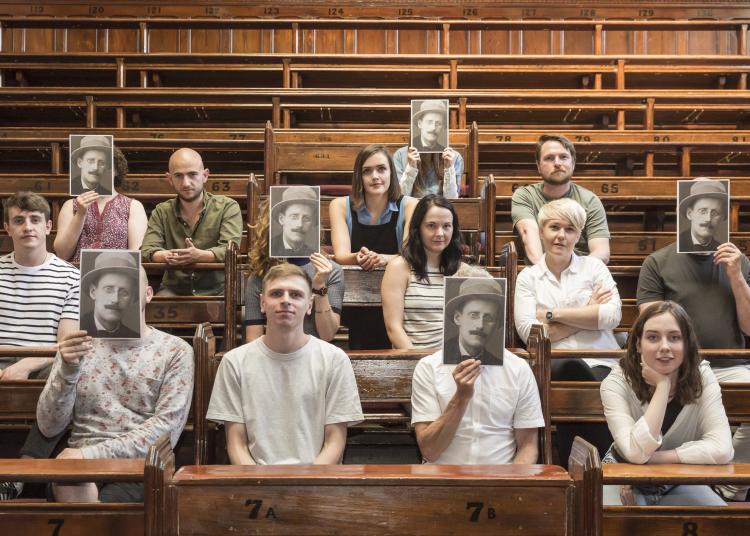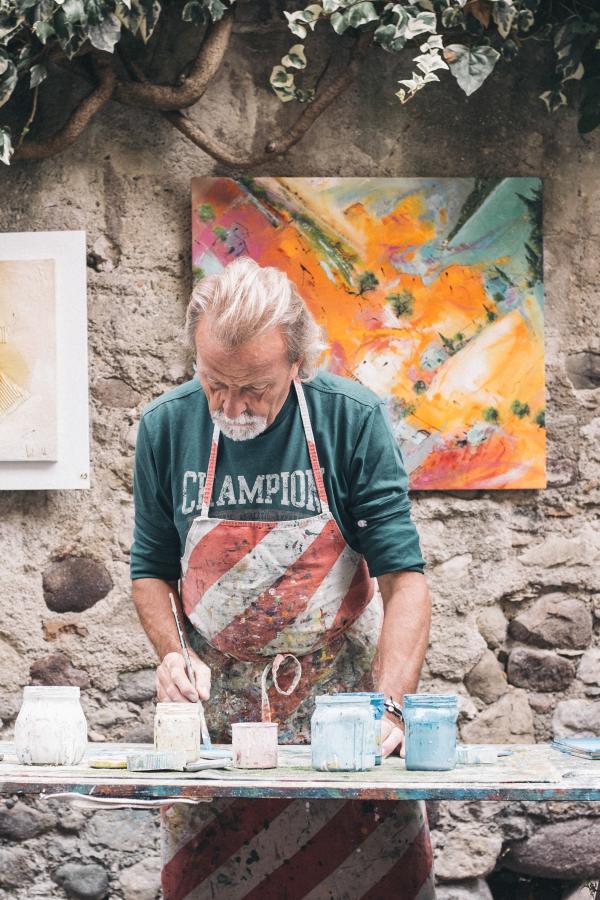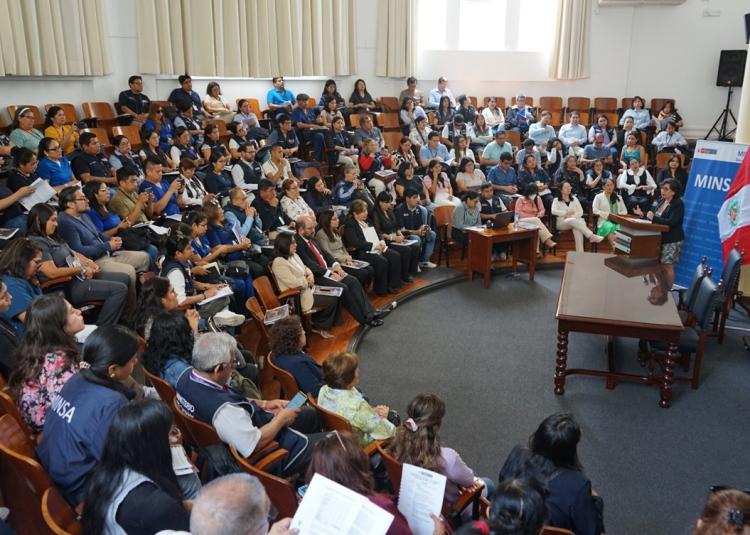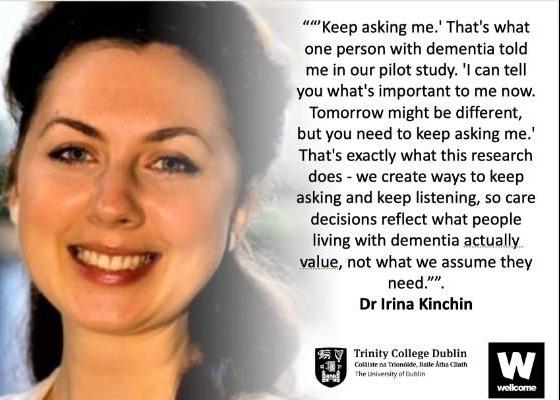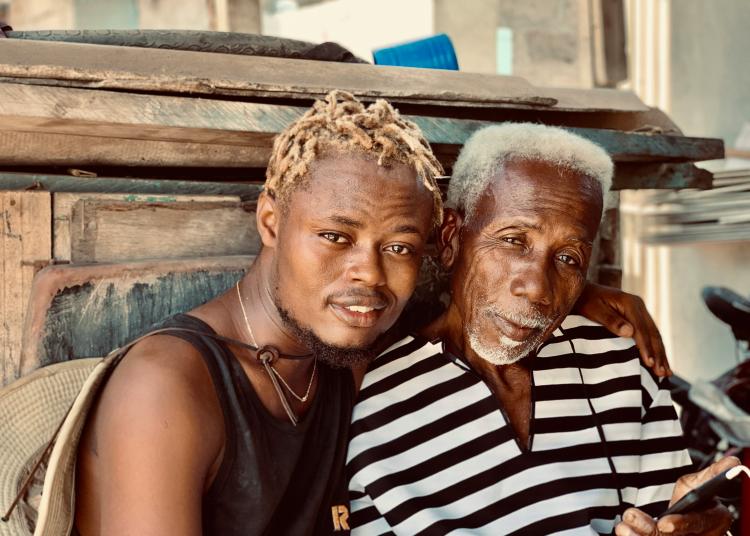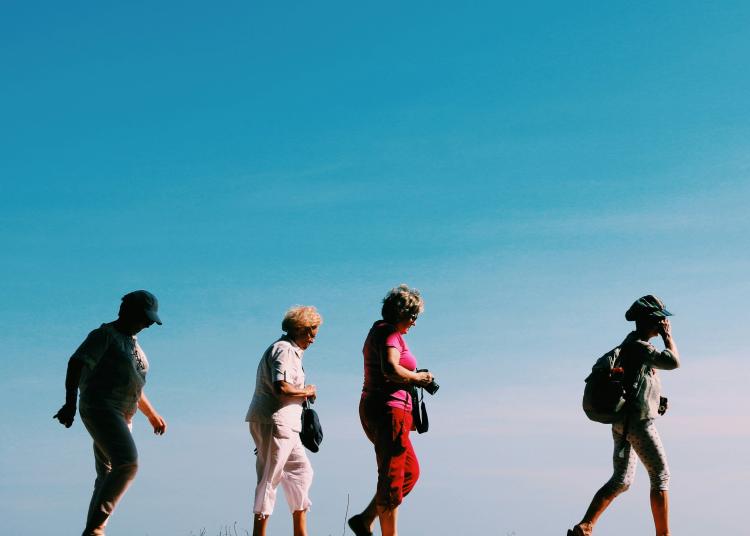Overview
The GBHI community is engaged in a wide range of artist-led initiatives exploring brain health and dementia. Many of them combine artistic work and evidence-based research to improve our understanding of the experience of people with dementia and their carers, as well as provide opportunities to amplify narratives, change perceptions and stigma, and generate possibilities for community engagement and systemic transformation.
Arts and creativity are key to enhancing brain health as we age, and artists help us to see the world in new ways and to communicate that vision. GBHI embraces art and creativity to improve our understanding of brain health and dementia, and to lead change in practice, perception, and policy.
There is a strong focus on these disciplines at UCSF and Trinity, bringing arts into health in both the clinical and research settings.
Arts allow persons living with dementia to find connections for expression visually and emotionally. Art engagement uplifts their spirits.
Dawn Chorus
The idea behind the Dawn Chorus is simple; people come together, select songs, rehearse then sing at dawn near water. The format is flexible: scale, choice of song, duration, and location can all be adapted to available local assets. Being creative is hopeful, and music stimulates the breath and the brain. Singing together brings communities together, and it’s been proven to have multiple benefits on mental health and wellbeing.
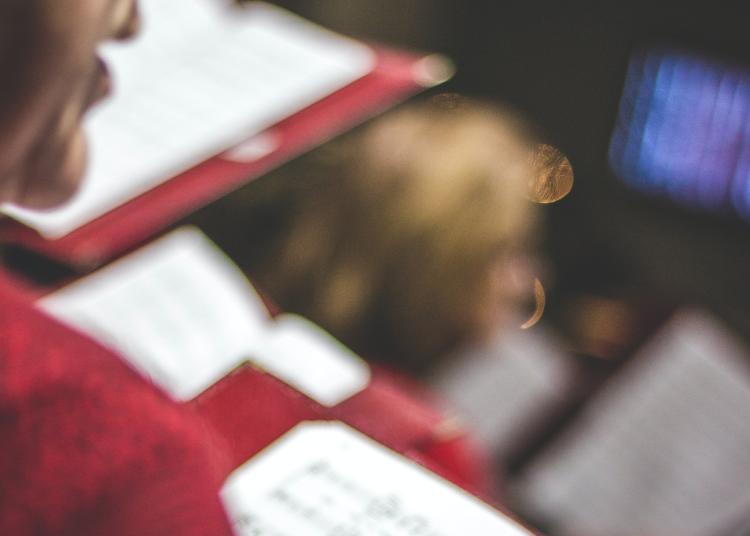
Arts in Medicine
Founded by Kunle Adewale, Atlantic Fellow for Equity in Brain Health, Arts in Medicine is based in Nigeria and uses artistic expression to facilitate healing and hope for patients and their caregivers. There is increasing evidence that the display of visual art, especially images of nature, can have positive effects on health outcomes, including shorter length of stay in hospitals, increased pain tolerance, and decreased anxiety.
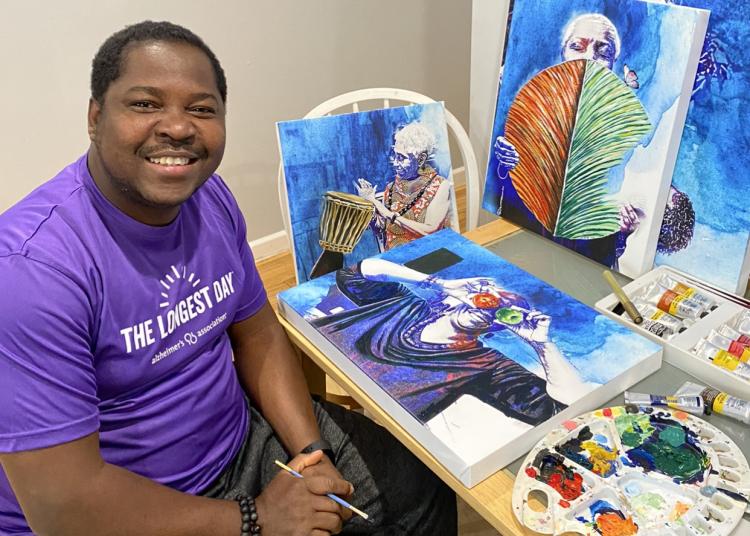
Timbre
The Irish Music Brain Research Group (TIMBRE), founded by Catherine Jordan, Atlantic Fellow for Equity in Brain Health, is an inclusive network that brings researchers and practitioners together to explore the relationships between music and the brain from both theoretical and applied perspectives, combining musicianship with advanced research methodologies. The goal of the project is to build a research framework across Ireland that explores the relationships between music and the mind.
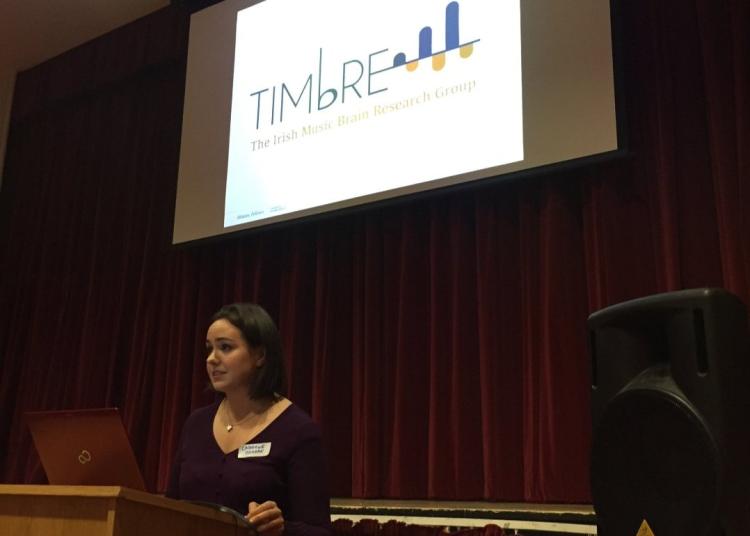
Creative Aging International
The organization works to transform how we view and approach aging—as individuals, as artists, as companies, as governments, and as societies—for the better.
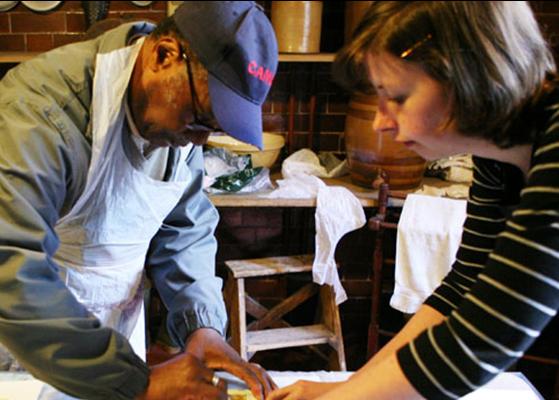
San Francisco Conservatory of Music
There are things we know through music we can’t know through other means. We seek to explore these questions.
–David Stull, president of SFCM
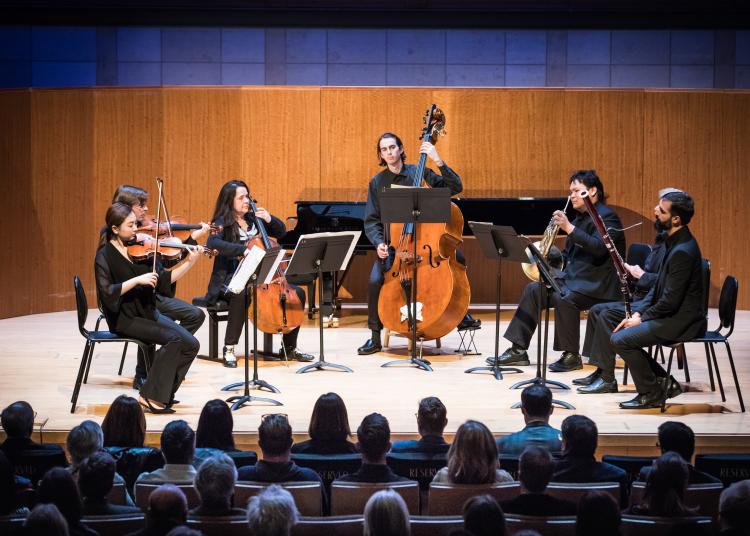
Mercer’s Institute for Successful Ageing (MISA)
The Creative Life Centre at MISA advances creativity and wellbeing, enabling adults to express themselves through art, music, literature, and drama, while also providing intergenerational programs that advance skills.
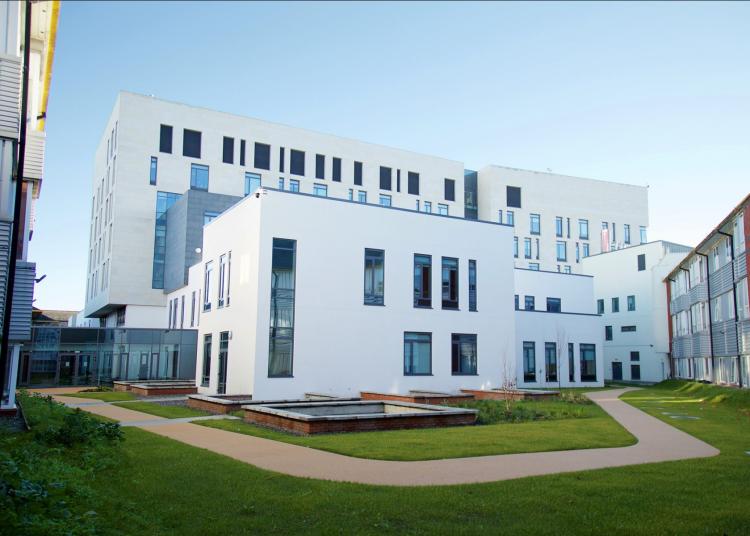
Collaboration with Rough Magic Theatre Company
GBHI has worked with Rough Magic during their residence at the Long Room Hub at Trinity, and its Atlantic Fellows have provided input and feedback into the creation of their artistic production on the societal and brain health benefits of choir participation and choral singing in Ireland.
